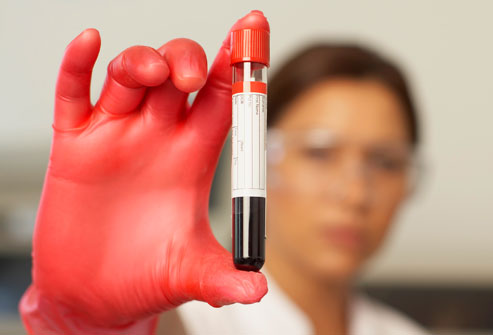Food challenge: where the patient consumes a food they may be allergic to while the medical staff hovers nearby, ready to inject epinephrine if the symptoms of a severe allergic reaction appear. Low-tech, dangerous, and the only reliable way to test how severely someone may react to an allergen. Until now.
A blood test resulting from a study led by researchers from The Mindich Child Health and Development Institute and the Jaffe Food Allergy Institute promises to predict which people will have severe allergic reactions to specific foods. The study was published yesterday in The Annals of Allergy, Asthma & Immunology accompanied by a press release by Mount Sinai.
Current testing relies on skin pricks and blood tests that detect proteins called allergen-specific IgE produced by the immune system, though these cannot accurately predict the severity of reactions. The study reports that measuring another immune system component, the basophil, can accurately predict how a person will react to specific allergens. The basophil activation test (BAT) requires only a small amount of blood and provides quick results.
“While providing crucial information about their potential for a severe allergic reaction to a food, having blood drawn for BAT testing is a much more comfortable procedure than food challenges.” says first author Ying Song, MD. “Although food challenges are widely practiced, they carry the risk of severe allergic reactions, and we believe BAT testing will provide accurate information in a safer manner.”
Note that BAT testing is currently only approved for research study.
In the double blinded study, researchers took blood samples from 67 patients aged 12 to 45 years who also underwent food challenges with a placebo or with peanut, tree nut, fish, shellfish, or sesame. The results found that BAT testing correlated well with the food challenge results for the allergens tested and may be effective for others as well.






Research is important but it is research. The results correlate with but do not prove food allergy. Research is a process and resist jumping to the final conclusion with each study.
Do certified LEAP RNDs agree with this study?